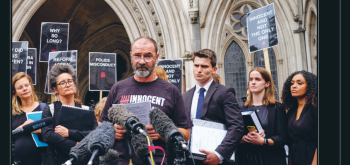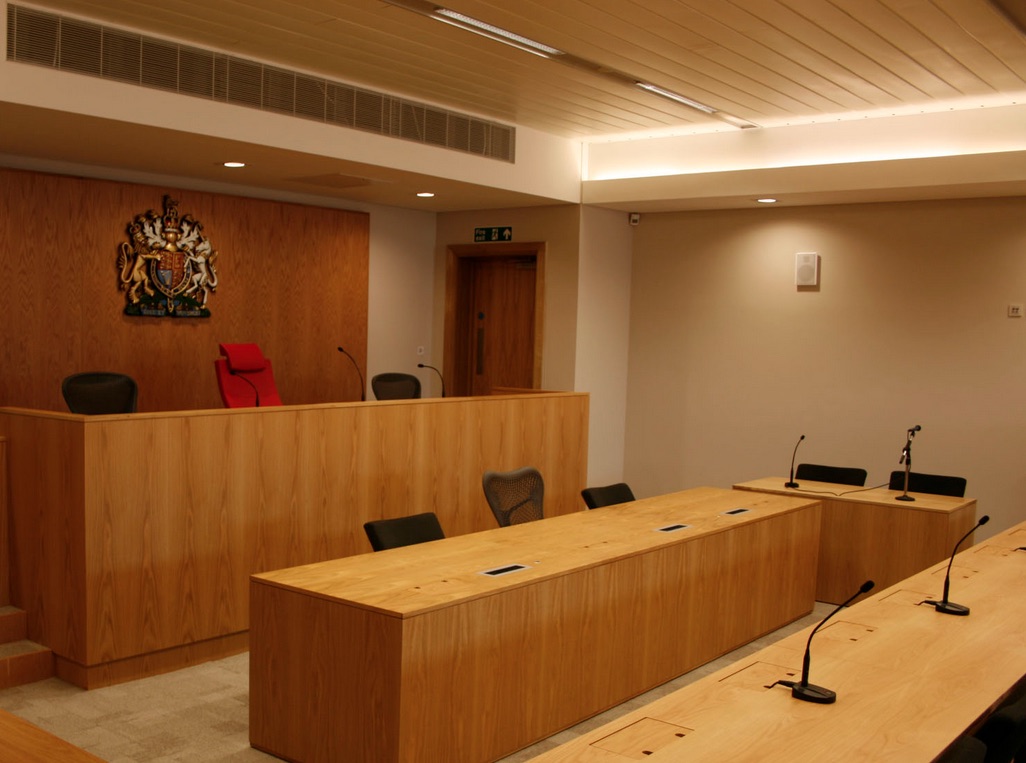Defendants are being incorrectly remanded in custody as a result of a widespread misuse of the Bail Act, according to the law reform group JUSTICE. In a new report, the group highlights the problem of ‘biased’ decision-making leading to a disproportionate amount of black and ethnic minority people on remand .
When someone is brought before a court accused of an offence, they must be granted bail without conditions unless there are specific exceptions bail under the Bail Act 1976. According to written evidence provided by JUSTICE to the House of Commons’ justice committee, courts are not applying the requirements of the legislation consistently and, instead, there was ‘a clear pattern’ of magistrates, district judges, prosecution, and defence lawyers ‘failing to make appropriate reference to the Act during bail hearings’. Recent research from Fair Trials revealed that as of June last year, 3,949 people have been held on remand for more than six months, a 10% increase since December 2020, with 1,523 of those people having been held on remand for over a year.
Magistrates’ courts deal with the vast majority of criminal cases in England & Wales, yet there is little data available to understand how magistrates and district judges in the magistrates’ courts make their decisions, in particular bail decisions. (1/7)
— JUSTICE (@JUSTICEhq) May 18, 2022
JUSTICE sent law students and lawyers to observe 158 bail hearings in seven magistrates’ courts to ascertain ‘if and how’ the exceptions to bail in the Act were referred to when deciding bail. It was revealed that magistrates and district judges referred to the test in the Act in just over a third of cases (36%) – magistrates referred to the legislation in only one in five cases. In a third of cases where someone was ultimately remanded in custody, the legislation was not referred to at all. Where references were made to the Act, they tended to be ‘generic’ – with only ‘a tiny proportion’ of district judges and magistrates specifically setting out the exceptions by reference to the facts of the case.
JUSTICE point out that the project is in its early stages, the data set ‘relatively small’ and ‘geographically limited’ (six of the seven courts were in London) and draws on observational research. ‘[Our] analysis so far has revealed a clear pattern of magistrates, district judges, prosecution, and defence advocates failing to make appropriate reference to the Act during bail hearings,’ the group says. It is currently looking into ways to widen the geographical scope of the project, by working with universities and law firms outside of London.
‘Individuals should not be remanded in custody unless one of the exceptions in the Act applies,’ JUSTICE says. ‘However, our data shows that individuals are being remanded in custody without reference to this test and potentially in instances where this test would not be satisfied. This is particularly worrying given the increased lengths of time individuals are now spending on remand.’
Remanded defendants are spending longer in custody as a result of increasing court backlogs caused by the pandemic. As JUSTICE point out, the number of ethnic minority people on remand has ‘disproportionately increased over recent years’. The group highlights ‘biased decision making’ in courts as ‘a potential factor’ in that increase and note that in 71% of bail cases the decision was made by an all-White bench or a White district judge.













